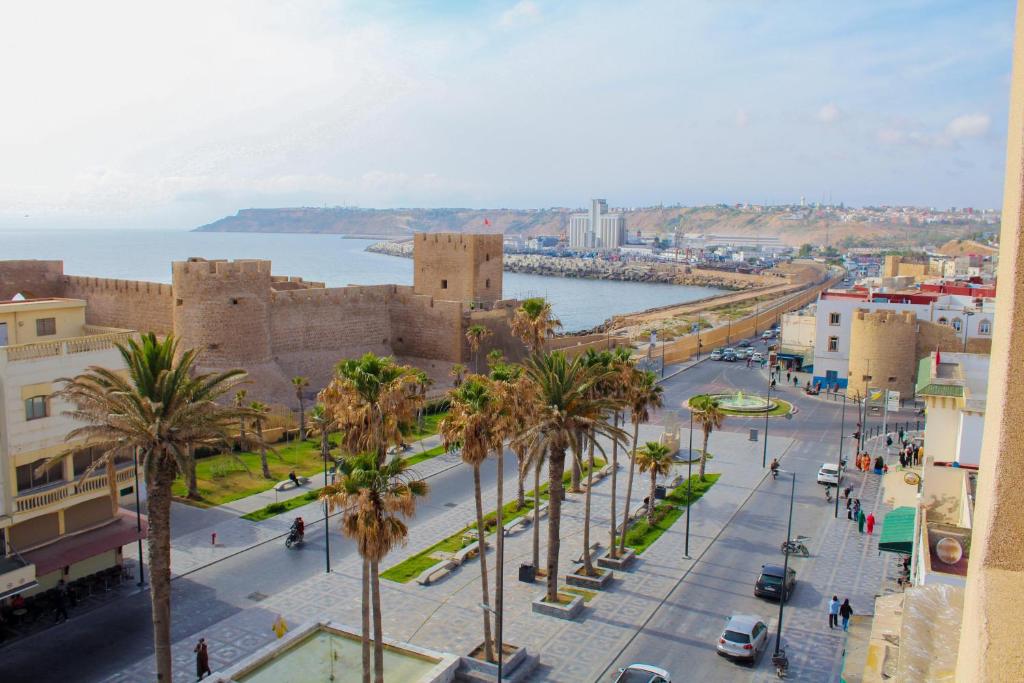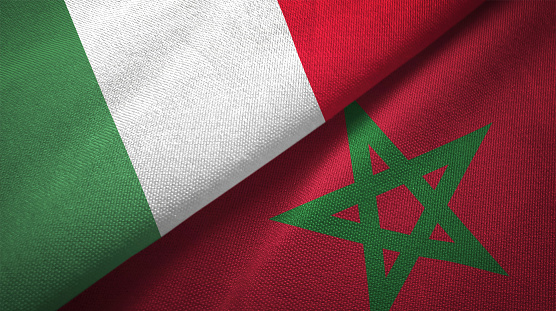Safi, described by the famous historian Ibn Khaldun as the "Capital of the Ocean," is a city that brings together the finest seafood, beach activities, historical landmarks, and the art of pottery. The city invites you to breathe in the fresh air blended with the smoky aroma of grilled sardines, a specialty of the region, while guiding you through ancient fortresses that transport you back centuries.
This small, tranquil, and beautiful city is one that is difficult to visit without wanting to return — or even settle in.
A History Befitting a Peaceful City
Historians have debated the origins of Safi's name and its foundation. Andalusian historian and geographer Abdullah ibn Abdulaziz Al-Bakri wrote that the name Safi is derived from the Berber word "Asif," meaning a temporary watercourse. On the other hand, Safi’s own historian, Al-Faqih Al-Kannouni, believed the name comes from the Berber term for "light," referring to the lighthouse that once illuminated the shore.
Safi is the closest coastal city to Marrakech, located between Essaouira and El Jadida. In the 12th century, it served as the main port for the Almohad capital, maintaining trade relations with Al-Andalus. At the end of the 15th century, Safi fell into the hands of the Portuguese, who built the iconic "Sea Palace," a fortress that still stands as a prominent landmark on the city's coast.
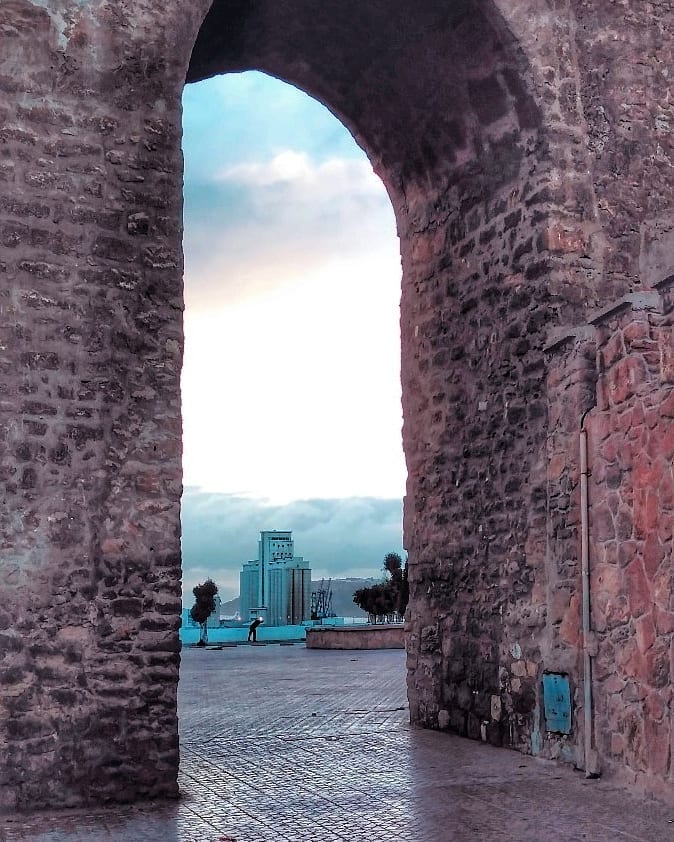
In the 1950s, Safi emerged as a leader in sardine fishing, and today, it is also renowned for its pottery industry, with numerous quarries known for their high-quality production.
How to Reach Safi?
You can reach Safi by train from Marrakech, Casablanca, and Rabat, or by bus, particularly from Marrakech. Large taxis are also available at affordable rates. While the city once had an airport, it has since been converted into a residential area. However, Safi is easily accessible by road from any Moroccan city, thanks to the highway that connects to national roads.
Where to Stay?
In a small city like Safi, accommodation is not an issue. You’ll find many small, welcoming hotels and private apartments, all available at reasonable prices. Moving around is easy with taxis or public buses, both of which are very affordable.
Where to Begin Your Visit?
A great place to start is the "Sea Palace," overlooking the Atlantic Ocean, where you can learn about a part of Safi’s history while enjoying fresh ocean air and taking in views of the fishing port, brimming with fish. Built by the Portuguese in the 16th century to protect the northern entrance to the port, the Sea Palace was also the residence of the city’s governor, which explains the large number of cannons lining its towers.
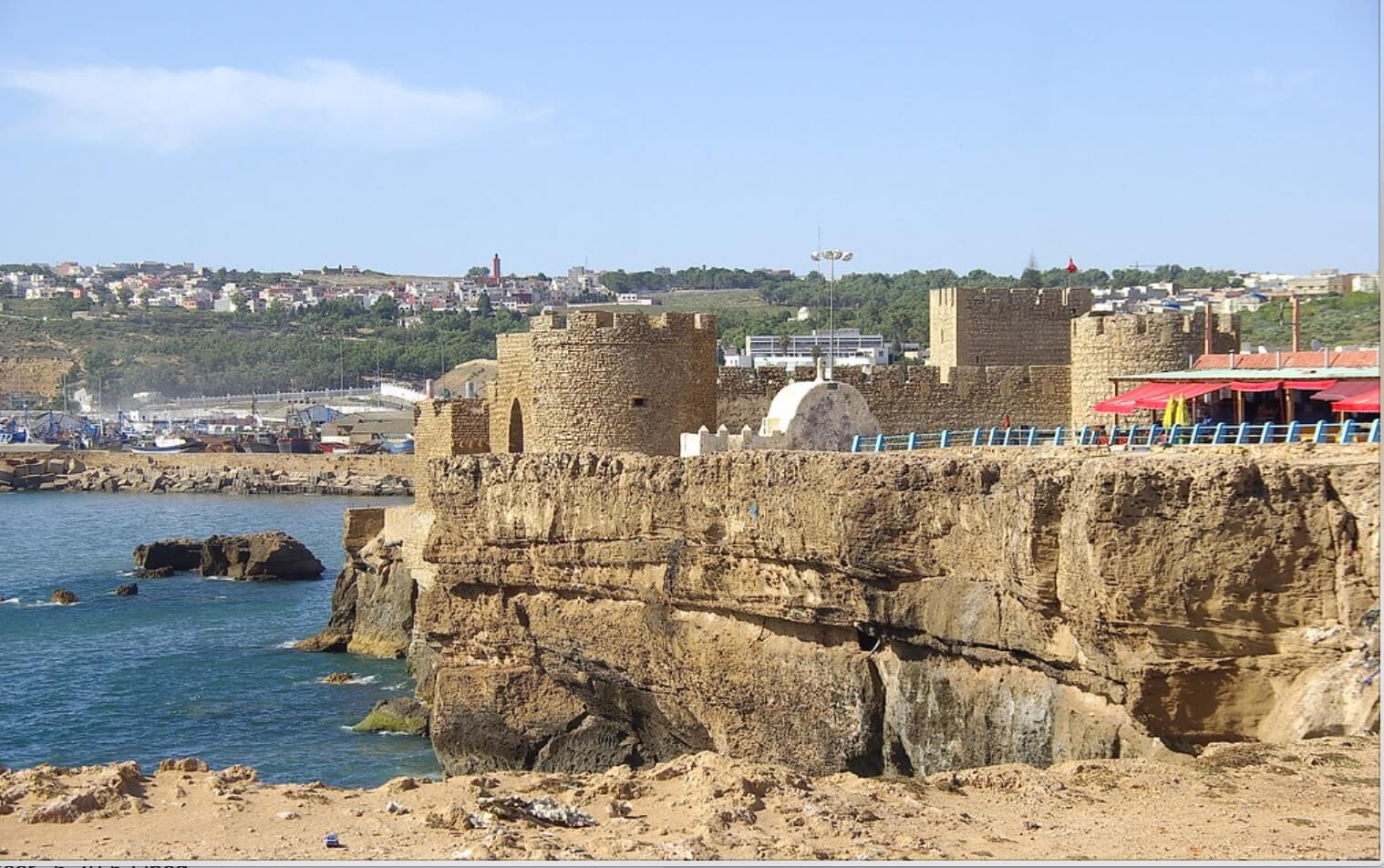
While you’re there, don’t forget to visit the Qasbah or locally “Kachla” a fortress that offers stunning views of both the old city and the Sea Palace.
The Old City and Pottery Craftsmanship
Next, take a stroll through the narrow alleyways of the old city, rich with traditional crafts that define this coastal city. Many artists and politicians have made Safi their home, drawn to its bustling markets that only quiet down late in the evening.

You can’t talk about Safi without mentioning pottery. The National Pottery Museum, established in 1990, provides a window into the history of this traditional craft and its journey to becoming what it is today. Pottery is now concentrated in the Sha’ba neighborhood, home to about 100 potters working in 74 workshops with 130 traditional kilns. You can also visit the famous "Pottery Hill," the oldest neighborhood in Safi, where over 800 artisans work in 37 workshops equipped with 70 kilns.
Not far from Safi lies Sidi Abd al-Rahman, a model village for pottery, boasting 30 workshops spread across the area.
The Portuguese Cathedral
For photography lovers, the ruins of the Portuguese Cathedral near the Grand Mosque beckon, offering a warm welcome from its finely carved Gothic arches and Portuguese coat of arms that cast a unique shadow over this one-of-a-kind historical site.
Beach Activities
In addition to its rich history, Safi is also a haven for beach sports enthusiasts. Its shores stretch over 150 kilometers, and the waves are perfect for surfing. Just north of Safi lies Sidi Bouzid Beach, an internationally renowned site for surfing, with fast, strong waves that can reach up to 4 meters high, ranking it among the top 10 spots worldwide.

For swimming and sunbathing, Lalla Fatna Beach, 9 kilometers from Safi, invites you to enjoy a relaxing day. Further along the coast, Ras Bouzid Beach, located between Safi and Oualidia, offers not only sand and sea but also the chance to sample fresh oysters at the nearby farms or local restaurants.
Keep the Adventure Going
Your adventure doesn't have to end at the sea. If you're visiting in autumn or winter, Safi has even more to offer. You can explore the Gorani Cave near Cap Beddouza, where you'll discover ancient artifacts and clay items dating back to the Neolithic era.
The Port and Sardines
No visit to Safi is complete without a trip to its port, where you’ll quickly realize that this city is truly the "sardine capital." Here, you can taste sardines prepared in a variety of ways — often grilled or baked, or shaped into small patties known as "Shreekat," where two sardines are marinated with a special herb and spice mixture called "Chermoula."
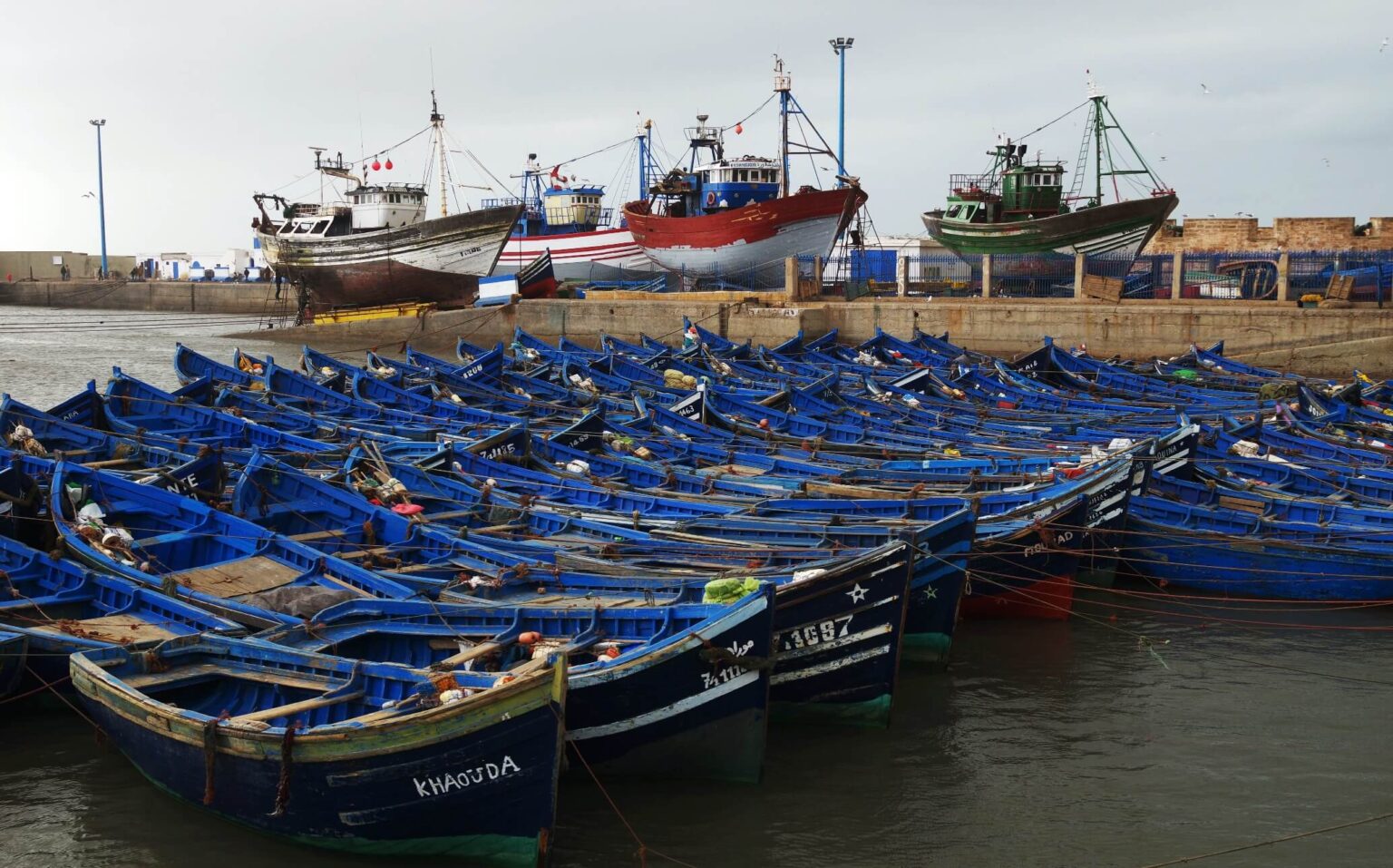
Though sardines are the star of Safi’s culinary scene, other seafood options abound, and you can even witness the arrival of fresh fish at the port. If you wish, you can buy some and have it grilled on the spot or ask a local restaurant to prepare it in traditional style.
Before you leave this charming city, remember the poetry written about it:
"O visitor of Safi, take your eyes to its monuments,
And indulge in its sea and beauty,
For you will find no place like Safi,
Nor people with such grace and virtue."

